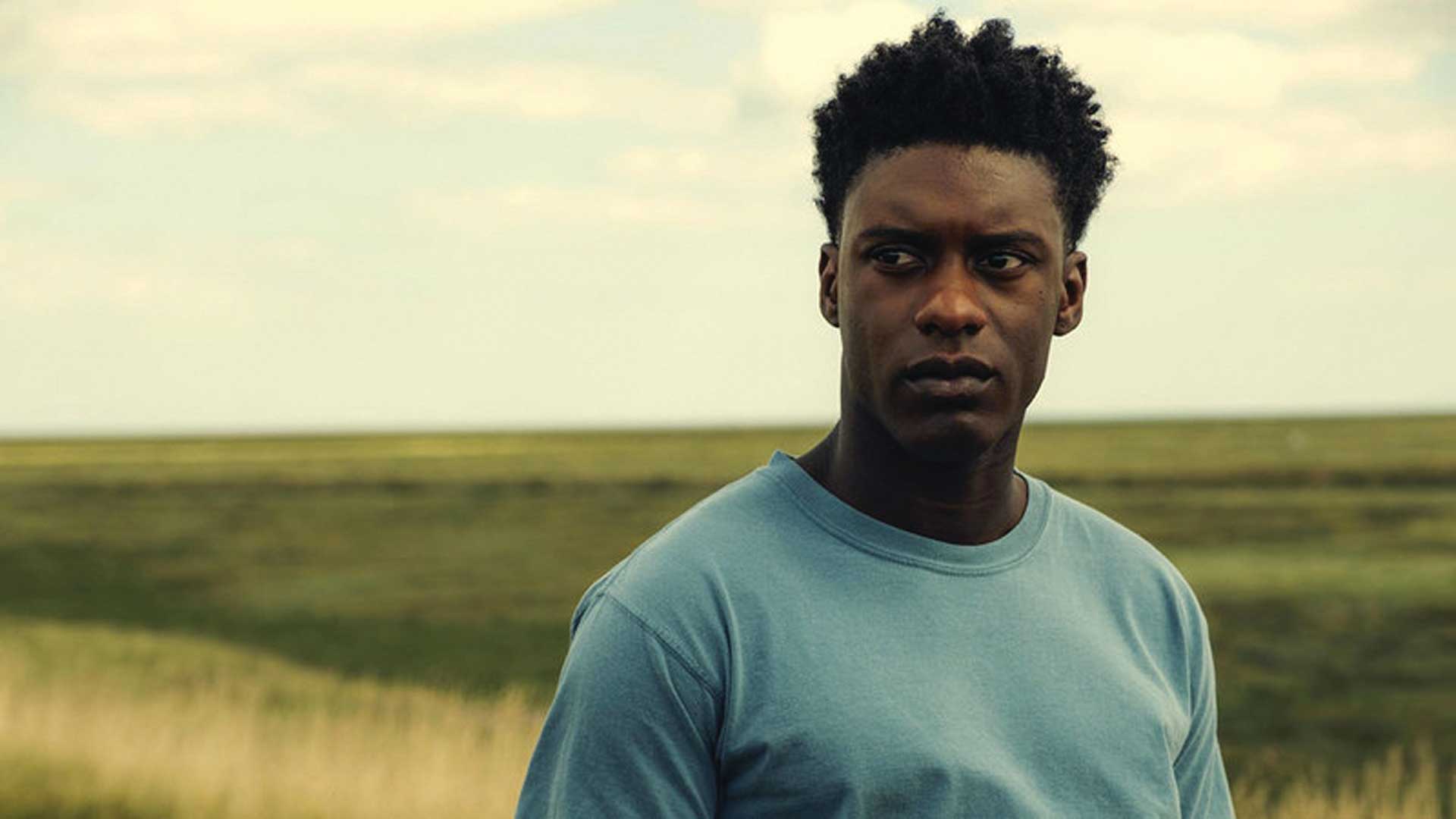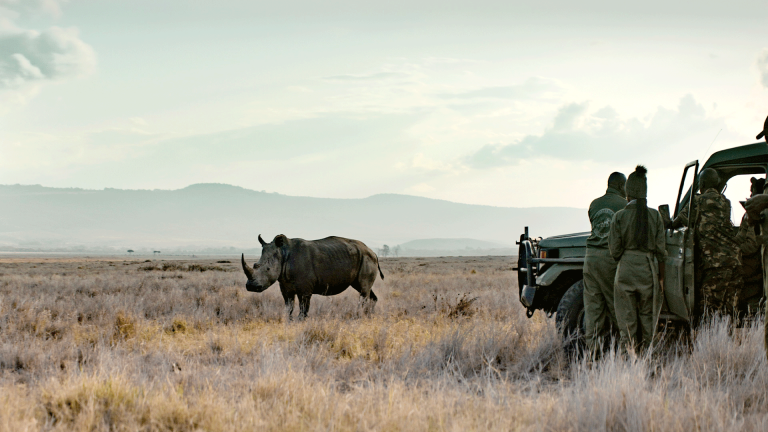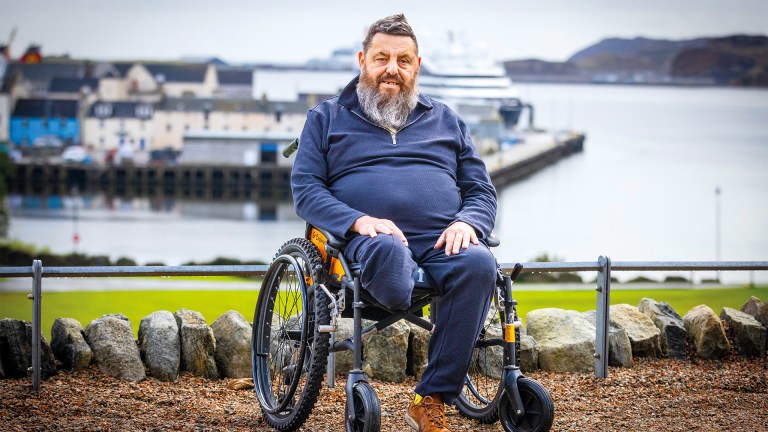Writer-director Shola Amoo is an important new voice and vision. The Last Tree is his new, semi-autobiographical film, told entirely from the point of view of Femi – a young black British boy of Nigerian heritage raised in foster care in rural Lincolnshire before returning to his birth mother in South London. It has already won comparisons with Moonlight for its depiction of black masculinity and sparse dialogue.
But it is the foregrounding of Femi’s struggle to bring together multiple identities that speaks to a country in the grips of its own struggle, according to the filmmaker.
“This country is in an identity crisis – and it is an interesting parallel as our character moves from spaces such as Lincolnshire to London to Lagos, and the struggle is that his home doesn’t feel like home. It’s not until he gets to a point where he can uphold all of those different identities that he understands his past and can move forward,” says Amoo.
“It is like in schools – we get a bit of World War I, World War II, some Tudors and Stuarts. But in terms of British colonial history, we don’t learn how this shaped the world and how that relates to our national identity. We don’t acknowledge our history, which is a contributing factor to where we are now, politically.
“The Last Tree doesn’t wave a banner in your face in terms of its politics.”
Yet it is all there for the taking for viewers who engage with the compelling, slow-build narrative.





